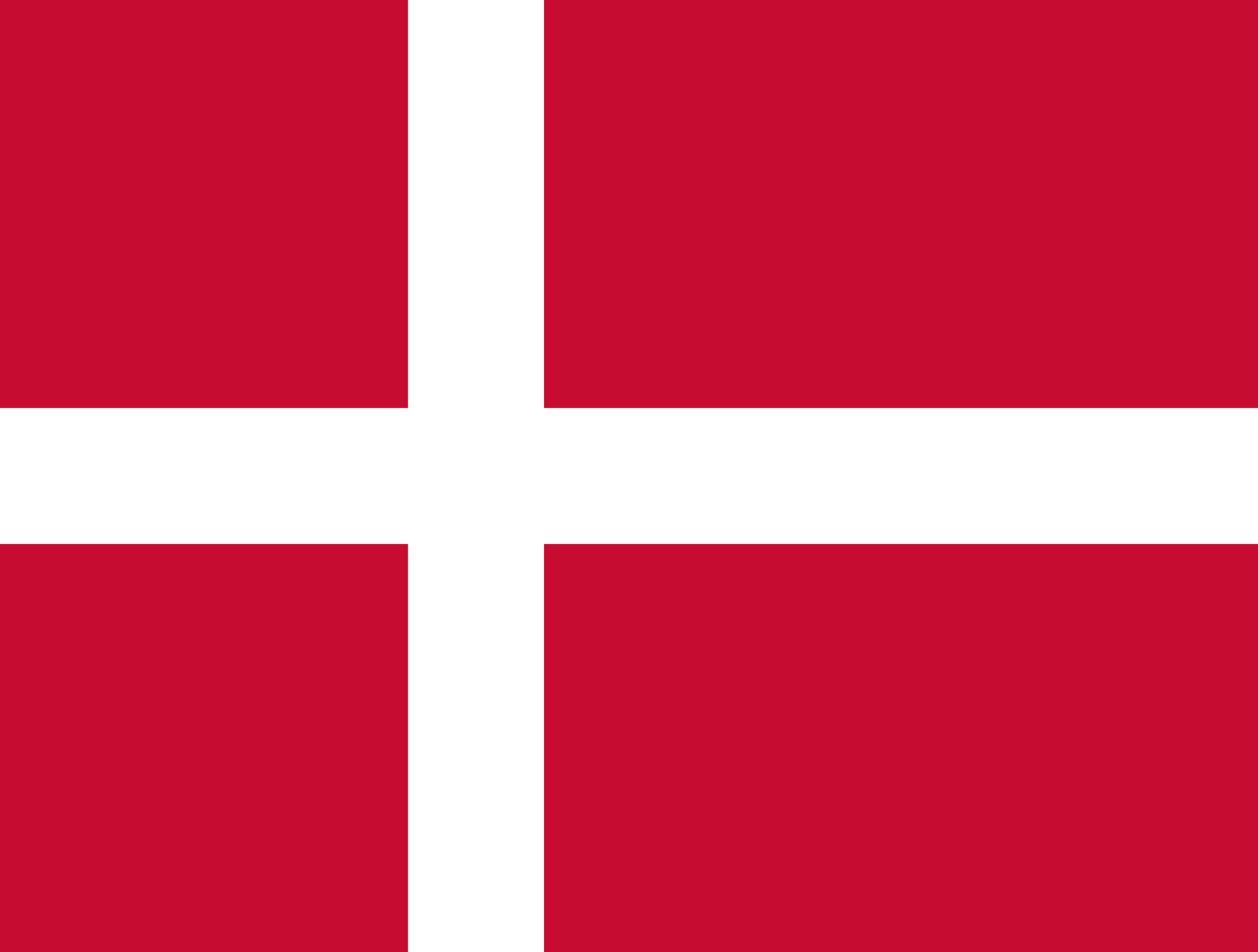Celebrating World Refugee Day
Every year on June 20th, we celebrate World Refugee Day. The day is being commemorated since 2001 to honor the courage and strength of the people who have been forced to flee their home countries due to conflict or persecution.
According to UNHCR,Afghanistan is still among the countries with the highest number of refugees in the world. Every year, thousands of Afghans leave the country because of insecurity, violence and lack of economic opportunities while hundreds of thousands get displaced internally inside Afghanistan. 2020 is particularly a difficult year, with the Coronavirus taking its toll on the Afghanistan economy affecting the most vulnerable among them refugee returnees and the internally displaced. Afghan refugees in neighboring countries are especially affected as they don’t have the legal status and financial ability to received good quality medical help.
DACAAR supports Afghan refugee returnees to reintegrate into society and to rebuild their lives. Ms. Zeba is one of those beneficiaries who was a refugee in Iran. She grew up there without any access to education, then, after 16 years she came back to Afghanistan and one of her hopes was to be able to go to school and learn how to read and write. But her family was so poor and at 16 she was already above the school-age and could not start primary school.
Zeba was introduced to DACAAR by the local Community Development Council (CDC) to attend a 9-month literacy and numeracy course. As a result, she was able to reach her highest goal to pass the exams and join a real school."This was the best time in my life, going to school", she said."My attitude towards life has changed. Before going to school I felt incomplete. I tried to stay away from everyone and that I thought I would never fulfill my hope to go to school. But now the literacy class has changed my life, and even my two sisters are now going to school too. I am optimistic about my future and theirs too", she described.
DACAAR also implemented activities for the refugees who fled North Waziristan in Pakistan and arrived in Khost and Paktika provinces of Afghanistan during 2014.
With the funding from UNHCR, DACAAR started its humanitarian assistance to the refugees in Khost province in 2015. The activities included maintenance of nine water systems in the refugee camp, vocational training, Farmer Field Schools, production of school uniforms and the construction of an irrigation structure. By end of 2019 more than 20,000 individual beneficiaries (39% women) were reached.
Some refugees learned new farming techniques as part of DACAAR’s Farmer Field Schools. "After receiving the training in vegetable production, I decided to become a professional farmer. When I go back to my village, I will implement what I have learned from DACAAR." said Adam Khan, a 34-year-old refugee who is the head of a 16-member family.
The 1951 Refugee Convention and its 1967 Protocol protects the rights of refugees. This includes the right not to be expelled except under certain strictly defined condition, not to be punished for illegal entry into the territory of a contracting state, the right to work, housing, education, public relief assistance, freedom of religion, accessing the court, freedom of movement within the territory and issuing identity and travel document.
Despite the above, many Afghan refugees in neighboring countries do not enjoy the rights bestowed to them under international laws. According to UNHCR there are almost 2.5 million registered refugees from Afghanistan. They comprise the largest protracted refugee population in Asia, and the second largest refugee population in the world.
 Danish
Danish